By Michael Orlando Sharpe
Special to Campus News
I was a 19-year-old college student when I first visited Kajiado, Kenya. I volunteered to help build a classroom for an elementary school in this rural Masai town, about 80 kilometers from Nairobi. I had never encountered people so culturally different from myself. The Masai are known for their distinct dress, elaborate jewelry, body modification practices, and pastoralist traditions. Kenya’s cultural diversity and natural beauty were breathtaking, and I found myself immersed in a world that challenged and inspired me.
The volunteer work was demanding and the living conditions rudimentary, but the experience gave me resilience, a fresh perspective, and connection. I learned to navigate challenges, appreciate the basics — like running water and electricity — and understand the deep value of community, education, and cultural exchange. Working alongside local people helped me see both our differences and our shared humanity. That summer sparked a curiosity and passion that still drive me today.
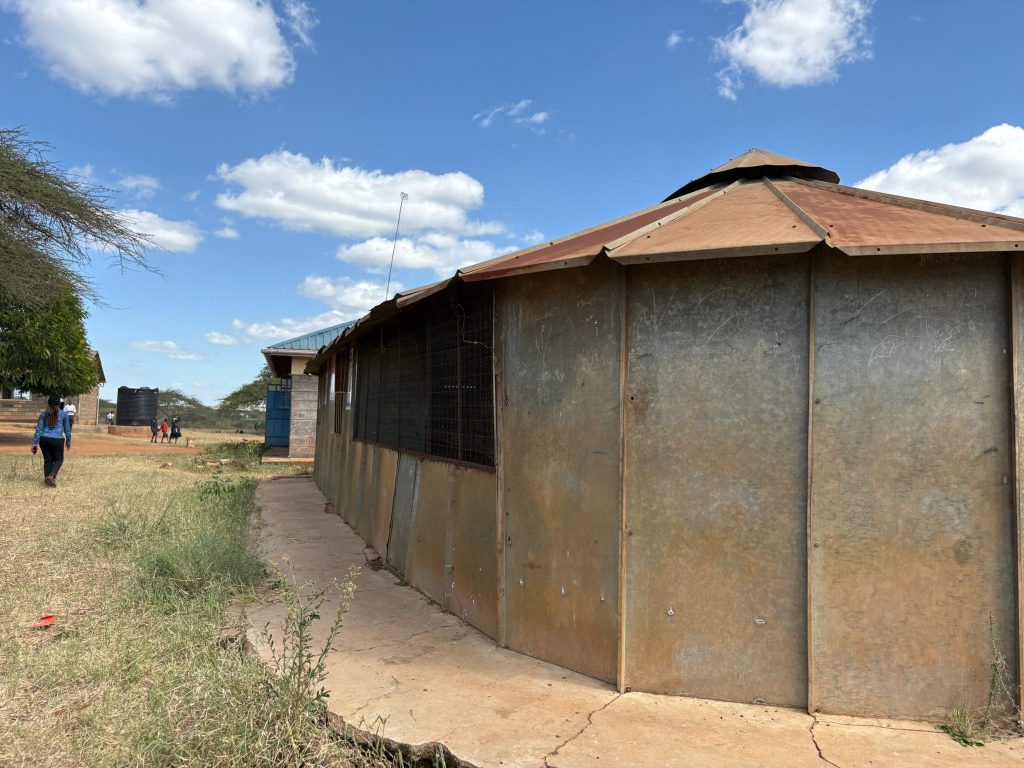
Now, I’m a professor of political science and international migration studies at the CUNY Graduate Center and York College. I share my story in the hope that it encourages college students to take chances, discover their passions, and shape their paths through risk and engagement.
When I started at Rutgers University in 1987, I was already determined to visit Africa. Inspired by Pan Africanism and the anti-apartheid movement, I applied to Operation Crossroads Africa, which placed me in Kajiado. To fund my trip, I hosted parties, sold raffle tickets, sought support from relatives and my university, and made it work. My family had never traveled to Africa, and some held fearful or stereotypical views. But living and working in Kenya changed that — not just for me, but for them, too. It taught me to travel smart, budget carefully, and embrace unfamiliar cultures.
My academic journey unfolded in unexpected ways. I majored in political science and Africana Studies, studied Swahili, and became captivated by global politics. A mentor encouraged me to pursue a Ph.D., but I wasn’t sure it was for me. I initially planned a career in international development, which led me to a master’s degree at Columbia University’s School of International and Public Affairs. Then, in order to maintain my Dutch citizenship, I moved to the Netherlands and continued my graduate studies at the Institute of Social Studies.
It was in Europe that I met my future wife, a Japanese national. We later moved to Japan, married, and I worked first for an NGO and then at the Japanese consulate in New York. These experiences revealed the need for deeper expertise, prompting me to pursue a Ph.D. in political science at the CUNY Graduate Center, with a focus on the comparative politics of international migration.
Graduate school came with its own set of challenges. I balanced studies, full-time work, and family life, all while navigating the unfamiliar terrain of academia as a first-generation Ph.D. student of Black, Latino, and Caribbean immigrant descent. My family and friends didn’t always understand what I was doing, and that occasionally added to the stress. I sometimes struggled with self-doubt and isolation. But I also had unwavering support from my wife and children, and mentors who guided and encouraged me. Over time, I recognized that my background was not a limitation — it was a strength.
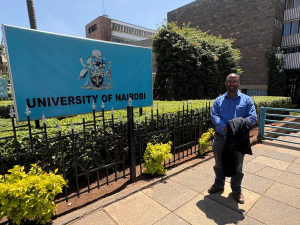
In 2008, while completing my dissertation, I joined the faculty at York College. I chose CUNY because I wanted to give back — to work with students from diverse backgrounds and contribute to my community. Through teaching and research, I strive to help students connect with the world beyond their immediate surroundings.
This year, my journey came full circle. I presented a paper at an international conference in Addis Ababa, Ethiopia, and then traveled back to Kajiado. The school’s principal showed me the very bricks I helped lay nearly four decades ago. Standing in that classroom, I reflected on how a single trip changed the course of my life.
Traveling abroad has the power to shift your worldview, stretch your comfort zone, and challenge your assumptions. It makes the unfamiliar familiar — and reveals what you’re capable of. I hope more students take that leap. It could change everything.
Michael Orlando Sharpe is a professor of Political Science and International Migration Studies at the CUNY Graduate Center and at York College and an adjunct research scholar at Columbia University’s Weatherhead East Asian Institute.



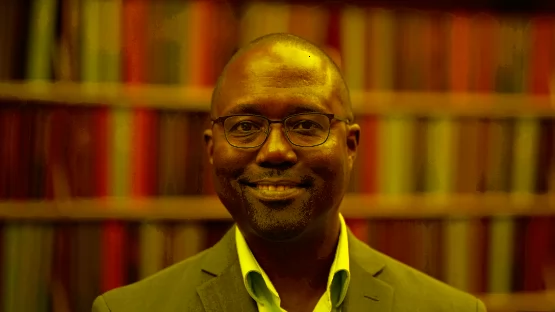
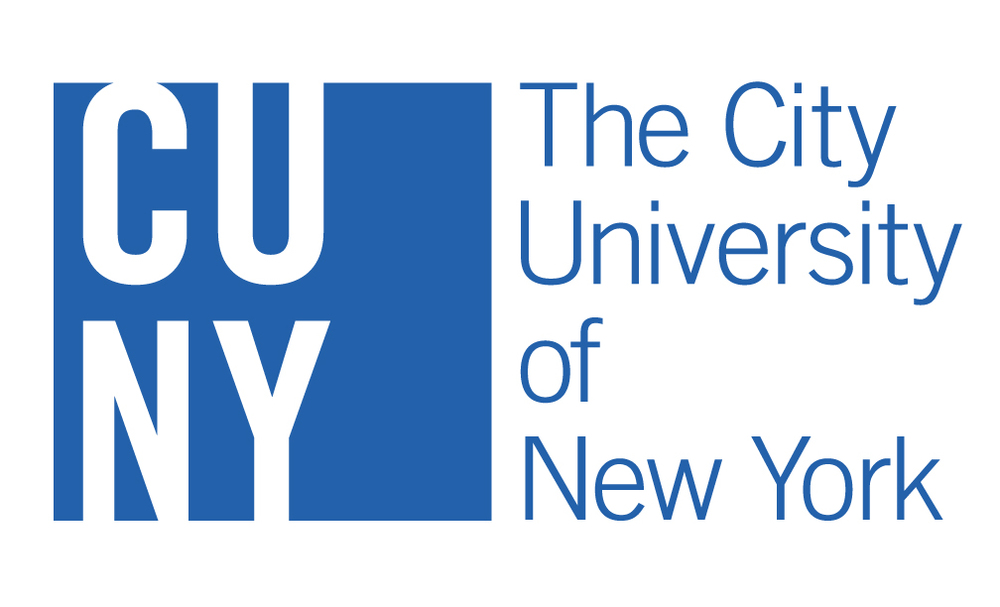
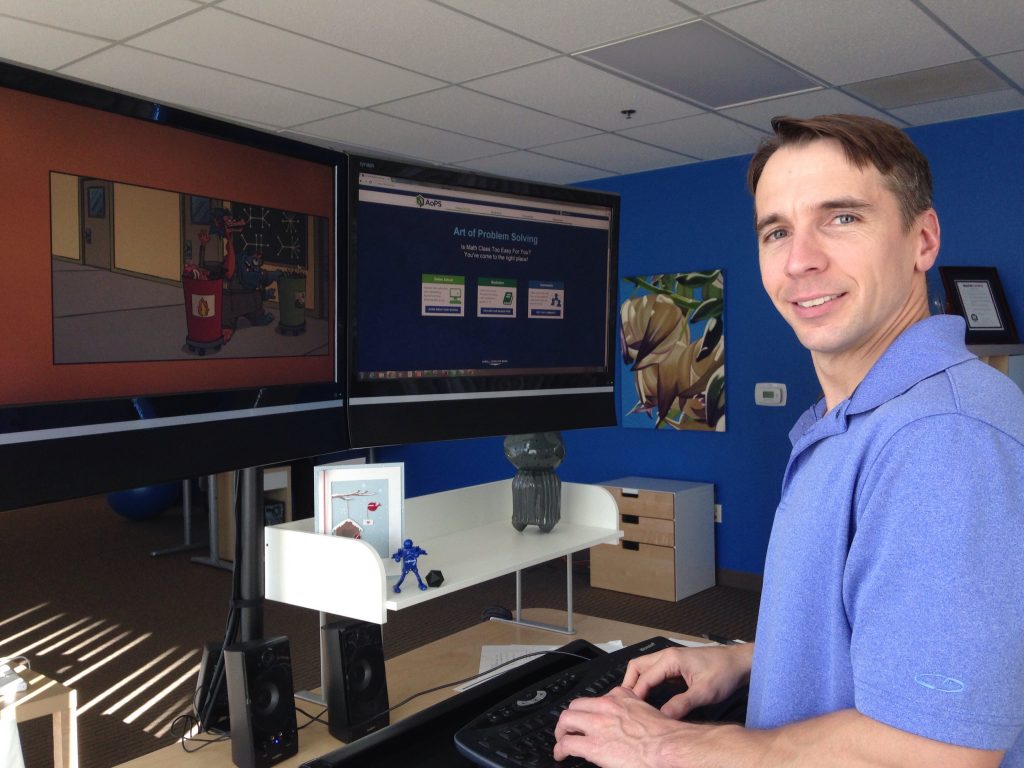
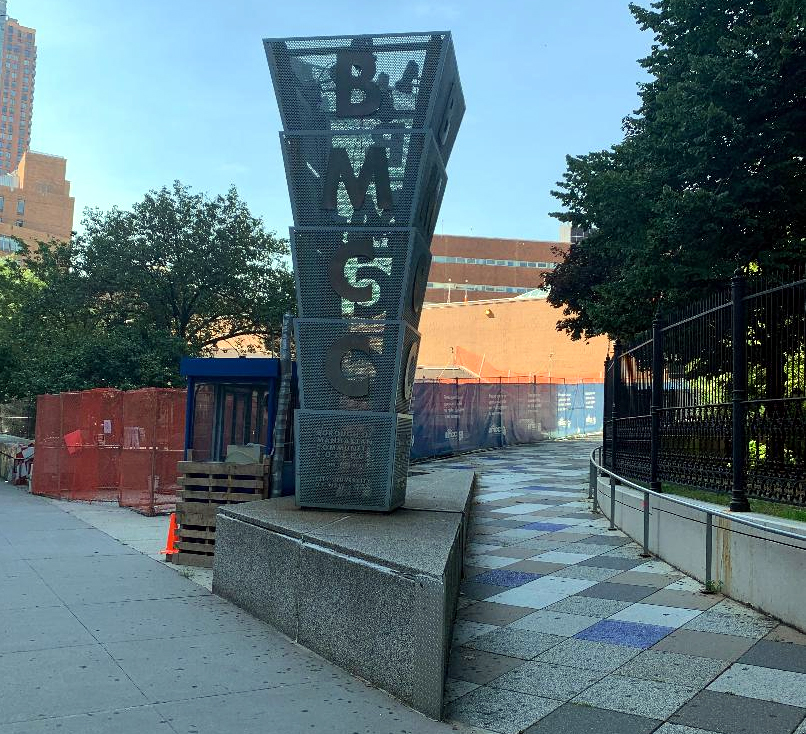
Facebook Comments